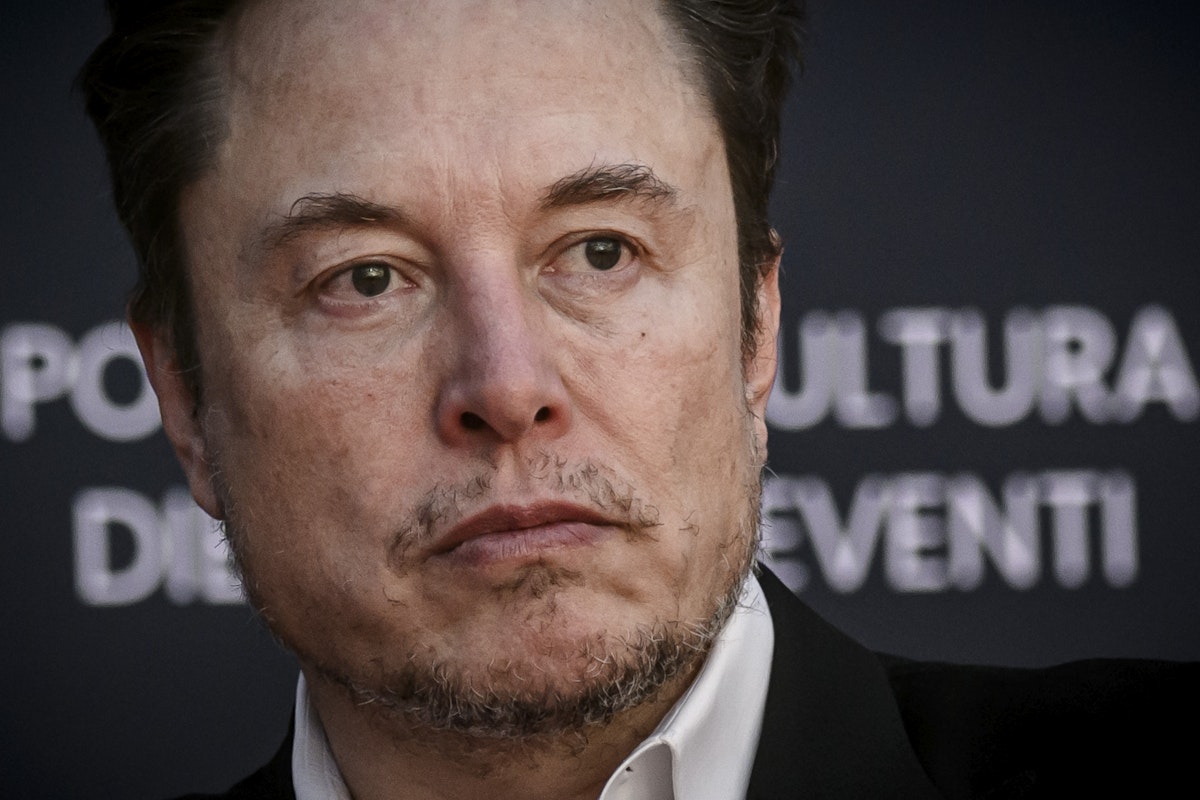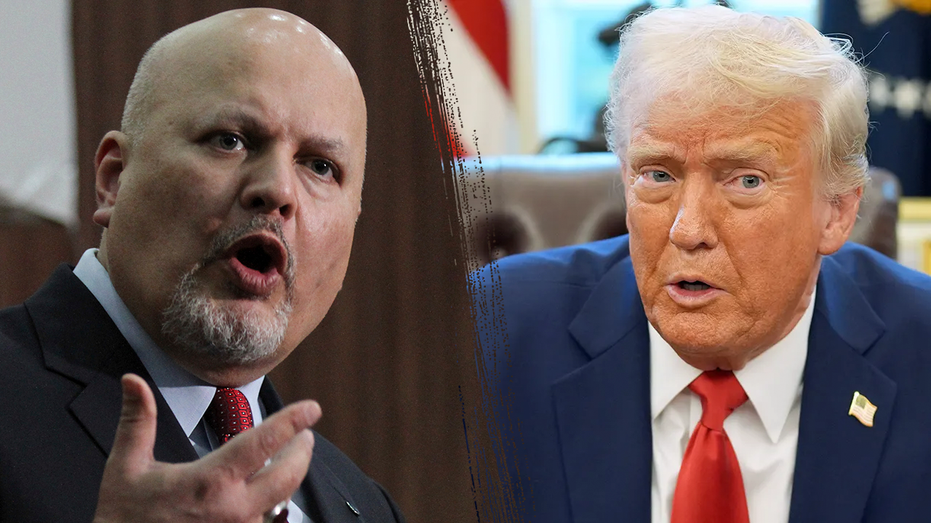Elon Musk Loses Pathetic Defamation Case Against Hate Speech Watchdog
A California judge on Monday dismissed X owner Elon Musk’s pathetic lawsuit against a nonprofit that studies misinformation and hate speech for highlighting the social network’s flaws.Musk sued the Center for Countering Digital Hate in August, accusing the research group of conducting “a scare campaign to drive away advertisers.” The group had shared research that hate speech had flourished on X (formerly Twitter) after Musk took over in the fall of 2022.U.S. District Judge Charles Breyer struck down the lawsuit on Monday, ruling that Musk definitely isn’t the free speech champion he claims to be.The CCDH “has met its burden at the first step of the anti-SLAPP analysis,” Breyer wrote in his ruling. Strategic lawsuits against public participation, also known as strategic litigation against public participation, are lawsuits meant to censor, intimidate, or silence critics by saddling them with legal defense costs until they drop their criticism.“Sometimes it is unclear what is driving a litigation, and only by reading between the lines of a complaint can one attempt to surmise a plaintiff’s true purpose,” Breyer noted. “Other times, a complaint is so unabashedly and vociferously about one thing that there can be no mistaking that purpose. This case represents the latter circumstance. This case is about punishing the Defendants for their speech.”“The Court notes, too, that X Corp.’s motivation in bringing this case is evident. X Corp. has brought this case in order to punish CCDH for CCDH publications that criticized X Corp.—and perhaps in order to dissuade others who might wish to engage in such criticism.”Musk indicated he intended to take legal action against the CCDH in July, when X parent company X Corp sent the nonprofit a letter accusing the group of making “a series of troubling and baseless claims that appear calculated to harm Twitter generally, and its digital advertising business specifically.”X Corp alleged that the nonprofit was funded by X’s competitors or foreign governments “in support of an ulterior agenda.” The letter specifically cited research on hate speech on X that the center published in June. One of the eight papers the organization published found that X took no action against 99 of the 100 Twitter Blue accounts that the center had reported for “tweeting hate.”But Breyer found that X Corp’s allegations about the CCDH’s supposedly misleading publications “provide the only support for X Corp.’s contention that it has been harmed.”Advertisers have left X in droves since Musk took over, promising to make X a bastion of free speech. The most recent exodus was in November, after an explosive Media Matters report revealed that X has been placing ads for brands including Apple, Bravo, IBM, Oracle, and Xfinity next to posts that promote Hitler and Nazi beliefs. But Musk has tried to blame any and everyone other than himself, accusing companies of trying to “blackmail” him by withholding ad dollars. It may be, though, that companies just don’t want their branding next to hate speech. Since taking over X, Musk has allowed Nazis and the Taliban on Twitter—and even verified them. He also has done nothing to rein in antisemitic and transphobic speech on the platform. If anything, he’s one of the main sources of it.As a result, the platform’s value has nosedived. X is worth just a fraction of the $44 billion Musk paid for it—by Musk’s own estimate, X’s value may have dropped 90 percent. This story has been updated.

A California judge on Monday dismissed X owner Elon Musk’s pathetic lawsuit against a nonprofit that studies misinformation and hate speech for highlighting the social network’s flaws.
Musk sued the Center for Countering Digital Hate in August, accusing the research group of conducting “a scare campaign to drive away advertisers.” The group had shared research that hate speech had flourished on X (formerly Twitter) after Musk took over in the fall of 2022.
U.S. District Judge Charles Breyer struck down the lawsuit on Monday, ruling that Musk definitely isn’t the free speech champion he claims to be.
The CCDH “has met its burden at the first step of the anti-SLAPP analysis,” Breyer wrote in his ruling. Strategic lawsuits against public participation, also known as strategic litigation against public participation, are lawsuits meant to censor, intimidate, or silence critics by saddling them with legal defense costs until they drop their criticism.
“Sometimes it is unclear what is driving a litigation, and only by reading between the lines of a complaint can one attempt to surmise a plaintiff’s true purpose,” Breyer noted. “Other times, a complaint is so unabashedly and vociferously about one thing that there can be no mistaking that purpose. This case represents the latter circumstance. This case is about punishing the Defendants for their speech.”
“The Court notes, too, that X Corp.’s motivation in bringing this case is evident. X Corp. has brought this case in order to punish CCDH for CCDH publications that criticized X Corp.—and perhaps in order to dissuade others who might wish to engage in such criticism.”
Musk indicated he intended to take legal action against the CCDH in July, when X parent company X Corp sent the nonprofit a letter accusing the group of making “a series of troubling and baseless claims that appear calculated to harm Twitter generally, and its digital advertising business specifically.”
X Corp alleged that the nonprofit was funded by X’s competitors or foreign governments “in support of an ulterior agenda.” The letter specifically cited research on hate speech on X that the center published in June. One of the eight papers the organization published found that X took no action against 99 of the 100 Twitter Blue accounts that the center had reported for “tweeting hate.”
But Breyer found that X Corp’s allegations about the CCDH’s supposedly misleading publications “provide the only support for X Corp.’s contention that it has been harmed.”
Advertisers have left X in droves since Musk took over, promising to make X a bastion of free speech. The most recent exodus was in November, after an explosive Media Matters report revealed that X has been placing ads for brands including Apple, Bravo, IBM, Oracle, and Xfinity next to posts that promote Hitler and Nazi beliefs. But Musk has tried to blame any and everyone other than himself, accusing companies of trying to “blackmail” him by withholding ad dollars.
It may be, though, that companies just don’t want their branding next to hate speech. Since taking over X, Musk has allowed Nazis and the Taliban on Twitter—and even verified them. He also has done nothing to rein in antisemitic and transphobic speech on the platform. If anything, he’s one of the main sources of it.
As a result, the platform’s value has nosedived. X is worth just a fraction of the $44 billion Musk paid for it—by Musk’s own estimate, X’s value may have dropped 90 percent.
This story has been updated.



